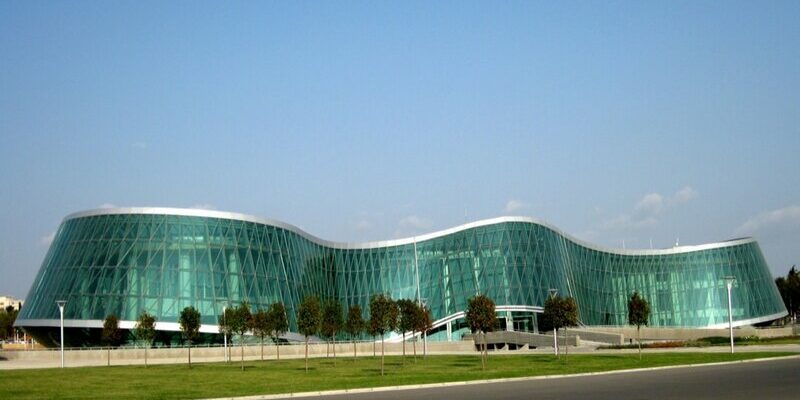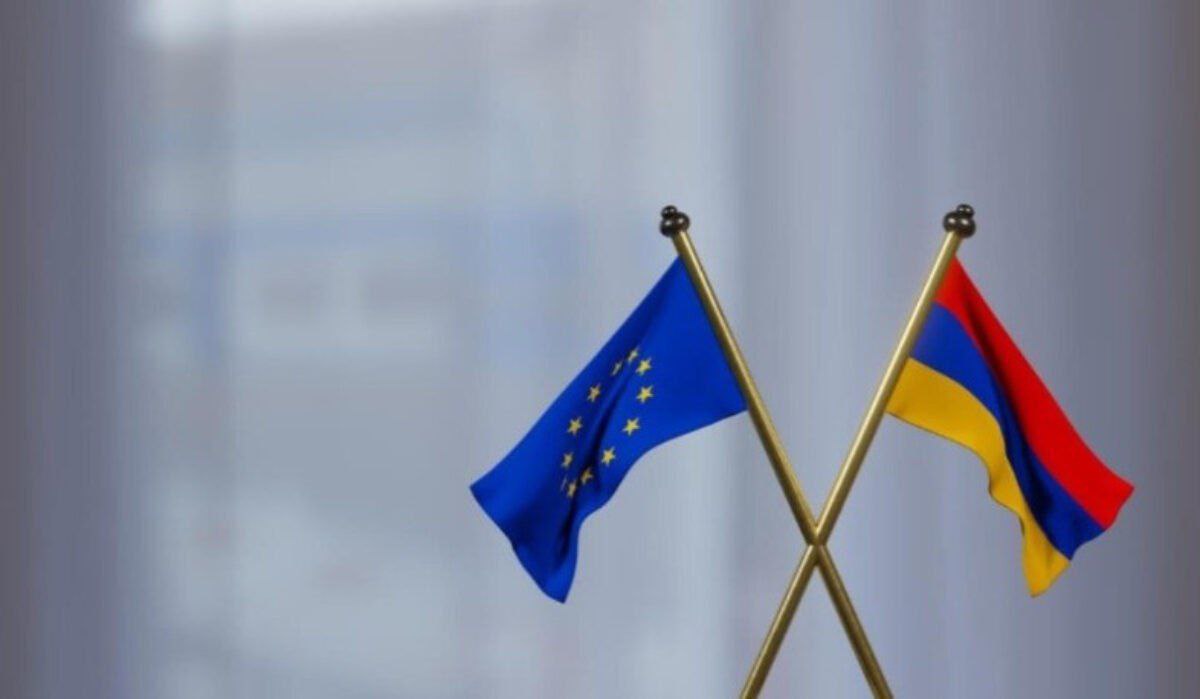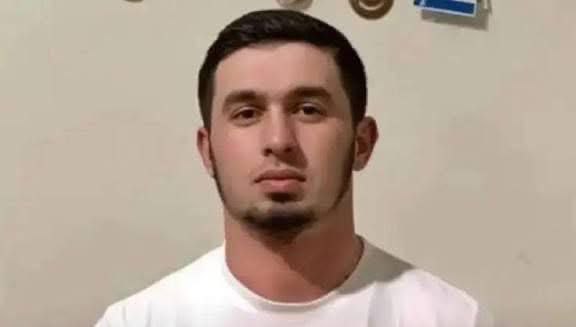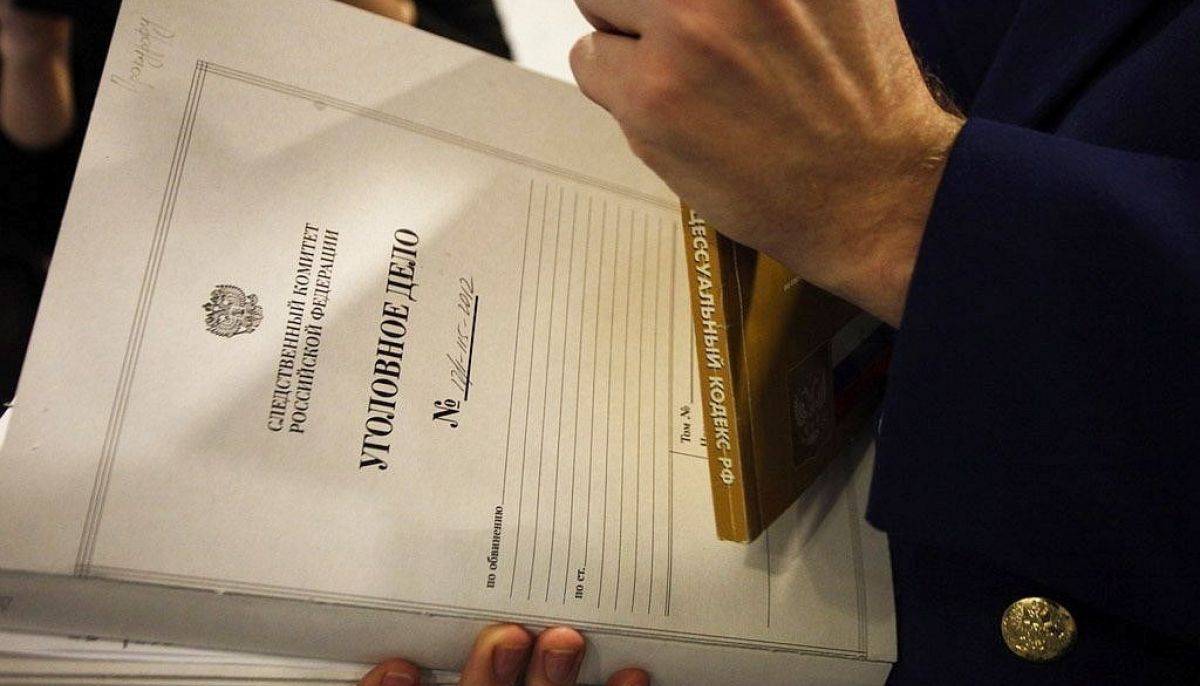A military court in Nalchik found Rinat Kurmanaev and Zalim Bekov guilty of leaving their unit without leave during mobilization and sentenced each to five years in prison.

On June 3, the European Parliament's Subcommittee on Human Rights (DROI) held an extraordinary meeting to examine the situation in Tbilisi. The European Parliament's rapporteur on Georgia, Rasa Juknevičienė, stressed that she does not have time to make additions to the report on the country's democratic backsliding – the government acts so quickly.
"We have to make changes and amendments to the report on Georgia almost every day because of new evidence, because of new brutal steps that the regime proposes every week. I think we should call on member states to impose sanctions as soon as possible, especially against those responsible for the repressions and everything that we see in Georgia," Juknevičienė said.
She also noted the heroism of citizens who have been participating in protests in Tbilisi for over 200 days. According to her, "these people are even more pro-European than many Europeans."
In her speech, the rapporteur expressed concern about the risk of closing two critical media outlets operating in Georgia, stressing that "this would be the end of freedom of speech." In addition, she reported that the EP assessment mission was not allowed to meet with Mzia Amaglobeli, the founder of the Netgazeti/Batumelebi group of publications, who is in custody.
According to Juknevičienė, the only way out of the crisis in Georgia is "new, fair and free elections." As for the carrot and stick method proposed by the European Commission, it "does not work with the current regime and will not work at all," the speaker believes.
The ruling party of Georgia calls Rasa Juknevičienė an "infection" and a prominent representative of the "party of global war."
European Commissioner for Enlargement Marta Cosma also spoke at the meeting on the issue of Georgia. She noted that despite the pro-European position of the majority of the country's population, the Georgian Dream is moving in the opposite direction with steps such as the adoption of laws on foreign agents and broadcasting.
"Georgia is a clear example of the fact that there can be failures on the path to the European Union, that when we grant a country candidate status, this does not automatically mean that there will be progress on the path to the European Union," Kosma said.
In the meantime, the ruling party of Georgia is starting a fight to limit the use of such definitions in the media as "oligarch", "Ivanishvili regime", "political prisoners", "illegitimate parliament", "Russification", "repressions", etc. For their use on television and in social networks, the Georgian Dream filed complaints to the Communications Commission against the opposition TV media TV Pirveli, Formula and Mtavari on the basis of a number of articles of the Law on Broadcasting.



